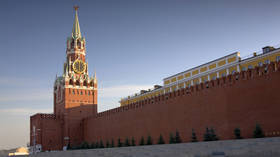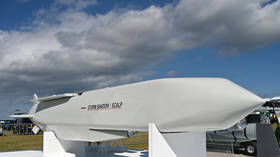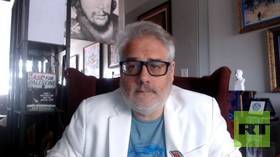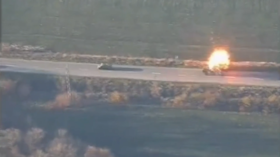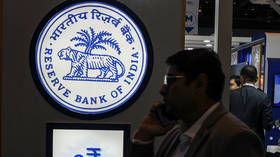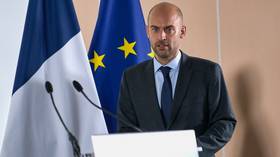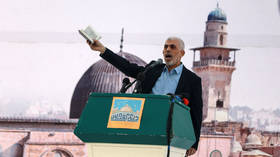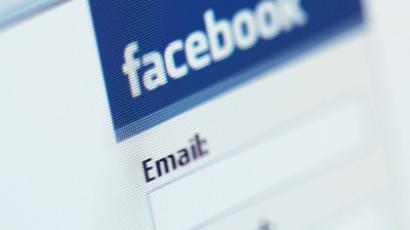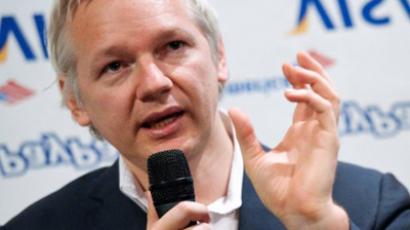Cyber champions’ shiny armor dented
A clash between a freedom-loving West and internet censure-seeking Russia and China has started at a high profile conference on cyberspace in London. At least that is how some view the event.
“The UK has issued a direct challenge to China and Russia over regulation of the internet, with [British Foreign Secretary] William Hague insisting that cyberspace must not be ‘stifled by government control or censorship’,” says the report by The Guardian newspaper.It adds that, “The foreign secretary told delegates that the internet ‘must remain open and not become ghettoized’ – rebuffing the notion that new international treaties were needed to police online activity.”Interestingly, Russia’s regulation of the internet is less strict than in many other participating countries, and many senior Russian officials stressed that there is no intention to change that situation drastically.“There are countries where individuals’ websites are equated to the media and have to comply with all the relevant legislation. In Europe there are countries which openly state that should mass civil disturbances occur, they would block access to Twitter and Facebook. In Russia, we don’t even consider such an option,” said Russian Communications Minister Igor Shcheglov, who is attending the conference.Calls in the UK for greater responsibility of social networks for the content they disseminate came after the August riots and mass looting. Online communication was used by the looters to co-ordinate their actions and evade police forces. Meanwhile an option of shutting down the entire internet in an emergency is currently discussed in the US, where some legislators want to give the president such an authority.The Russian minister assured that Russia has a commitment not to introduce any form of censorship online and is more interested in setting firm international rules on how to tackle new problems emerging with the proliferation of the internet.“The issue of [cyber] attacks on important infrastructure is on the agenda at the conference. Some nations say they will respond to those with arms. But through the internet it is possible to organize such an attack with no chance to trace the source… What proof will there be that the organizer is the country targeted for retaliation? Such issues must be solved through co-operation on the level of state rather than businesses,” he said.The US has guidelines for the Pentagon which provide for use of armed force against countries launching cyber attacks against America. Several countries have been named by the media as likely perpetrators of such attacks on various occasions. Those include China, Russia, North Korea and Israel, among others. No direct proof of a government-sponsored cyber warfare action has ever been provided.Some commentators believe that certain governments want double standards applied to regulation of the internet.“It’s very easy to defend the case of black and white – human rights against dictatorships around the world. But as soon as our own Western-style stability of the state is called into question, well then freedom of expression is expendable. There should be one rule for all including Western governments,” says John Kampfner, chief executive of the Index on Censorship.


